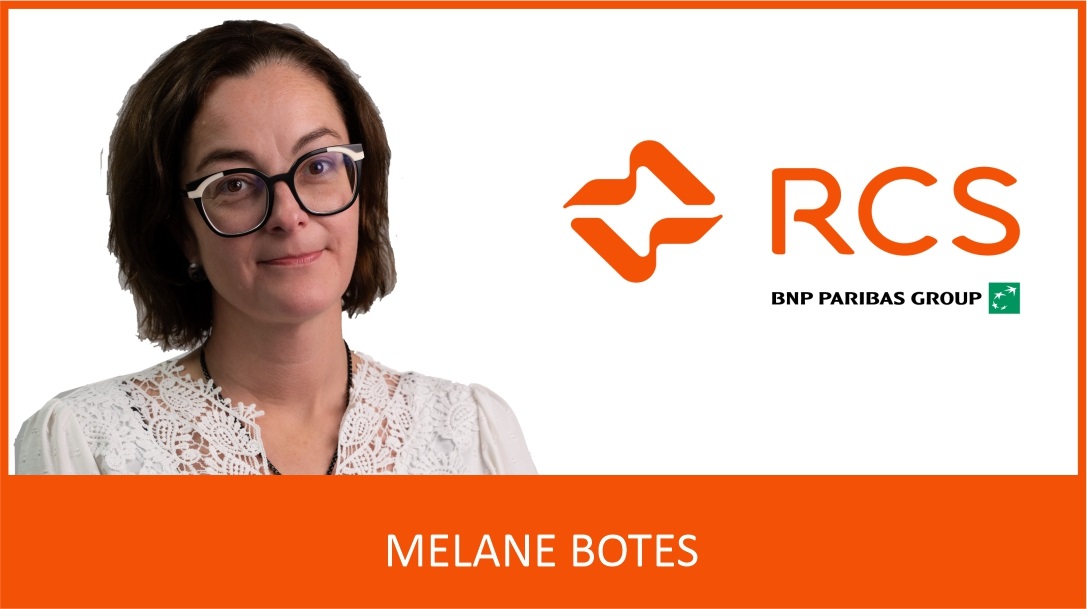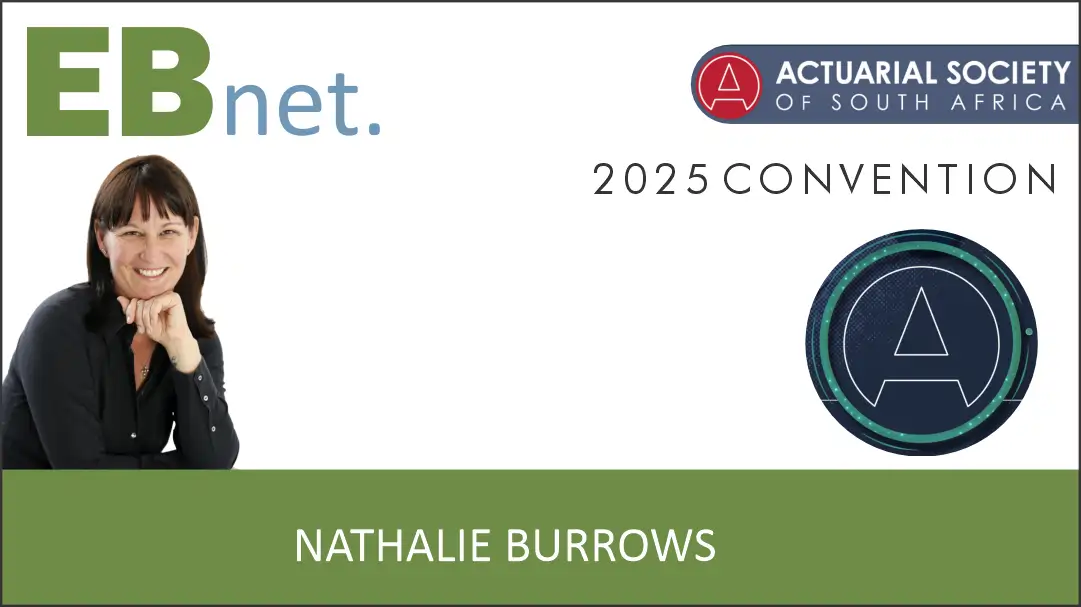Sandi Richardson, HR Executive at RCS
Nearly 3 million SMEs employ more than 13 million South Africans – this Heritage Month, a single shopping choice can help secure those jobs. “Every rand spent locally is a vote for jobs – RCS urges consumers to prioritise local businesses this Heritage Month,” says Sandi Richardson, HR Executive at RCS.
Heritage Month is about more than flying the flag and lighting the braai. It’s a celebration of South Africa’s rich diversity, but most importantly, a reminder that our daily choices shape the country’s future, especially where we spend our money, as it ultimately impacts the strength of our economy.
From creating jobs to preserving culture, consumer decisions have a lasting impact on communities and the economy. Just as South Africans proudly cheer on national sports teams, Richardson says it’s equally important to rally behind the entrepreneurs who keep our economy moving.
New data emphasises how much local businesses matter. According to the FinScope MSME South Africa 2024 report, about 3 million small and medium enterprises (SMEs) employ more than 13 million people. They are the backbone of the economy, driving employment particularly in townships and rural communities. However, many of these businesses still struggle to access funding and remain vulnerable without strong consumer support.
“Supporting local isn’t just patriotic, it’s powerful,” says Richardson. “Every rand spent with a South African business is an investment in our people, our culture and our resilience as a nation. When you choose a local craft, you’re literally keeping someone’s job alive.”
The report shows that around 56% of local SMEs operate informally, making community backing and word-of-mouth crucial to their survival. Encouragingly, more South Africans have started choosing sustainably sourced home-grown products, from fresh produce and traditional crafts to innovative township-based brands. These everyday decisions are the driving force for job creation, while also helping preserve cultural traditions and building a greener tomorrow. The picture is not without challenges. While it is reported that 97% of South Africans say they like to support local brands, a recent report from the Localisation Support Fund (LSF) reveals the rapid rise of international online retailers, potentially displacing over 8,000 jobs in South Africa over the past five years.
Six million lives transformed – one woman at a time.
RCS has seen firsthand, through their support for the Small Enterprise Foundation (SEF), how responsible access to finance and skills development sustain and transform rural communities across South Africa. SEF is a non-profit organisation that was established in 1992 with the purpose of combatting extreme poverty. Since inception, SEF has assisted nearly 6 million women in improving their lives over the long term by providing both financial and non-financial support.
From a financial perspective, loans are granted to help women set up their own small business. SEF utilises the experience of the Grameen Bank to provide future female entrepreneurs with a scalable pathway with group loans as an entry point. A cohort of five women from an eligible group apply for a loan that they collectively guarantee as a solidarity group loan. While they each create their own business activity, their responsibility is shared. It’s Ubuntu in action.
The support for these female entrepreneurs is further reinforced by a programme to encourage savings. The non-financial support focuses on both business education and supporting women in their vulnerability to both HIV and gender-based violence. The results speak for themselves: nearly 6 million women have built better lives for themselves and their families, creating a ripple effect that touches every corner of their rural communities.
Four ways to make your Heritage Month spending count
With a focus on stimulating and supporting the South African economy, this Heritage Month, Richardson encourages consumers to:
- Buy local first: Choose proudly South African products.
- Click local: Support home-grown online retailers.
- Talk up entrepreneurs: Share their stories on social media.
- Show up: Back community events that celebrate local culture and business.
“Heritage Month is the perfect reminder that every purchase is a vote for the kind of future we want to build. By choosing to buy local, you don’t just support livelihoods but also celebrate the unique character of our communities.”
Richardson challenges South Africans to take the Heritage Local Challenge: For the rest of September, choose one local alternative for every purchase you make. “If we all did this,” she says, “we wouldn’t just be celebrating our heritage – we’d be building it. Thriving local businesses drive innovation, preserve traditions, and ensure our heritage remains vibrant for generations to come,” Richardson concludes.
ENDS

























































































